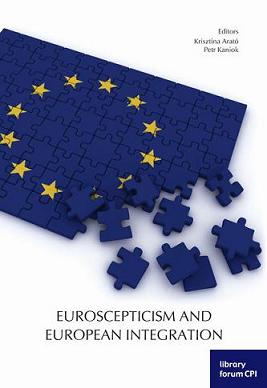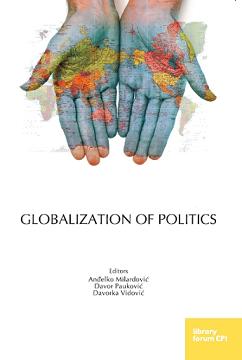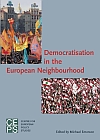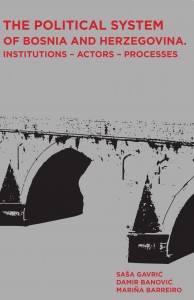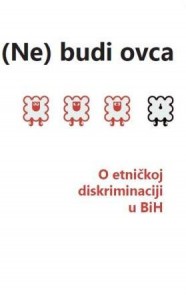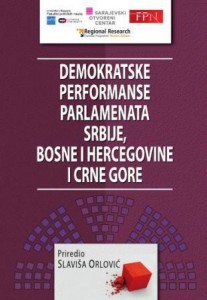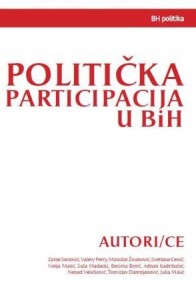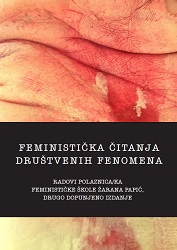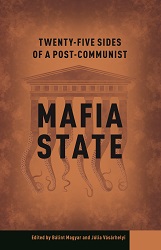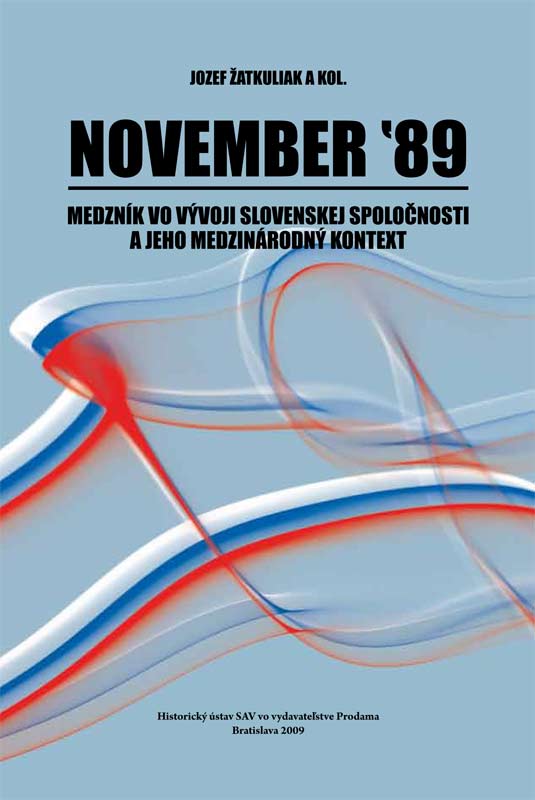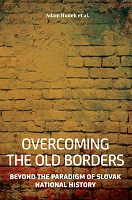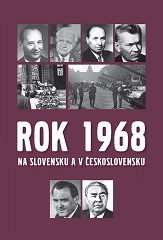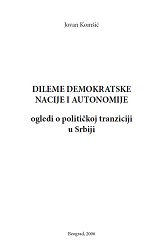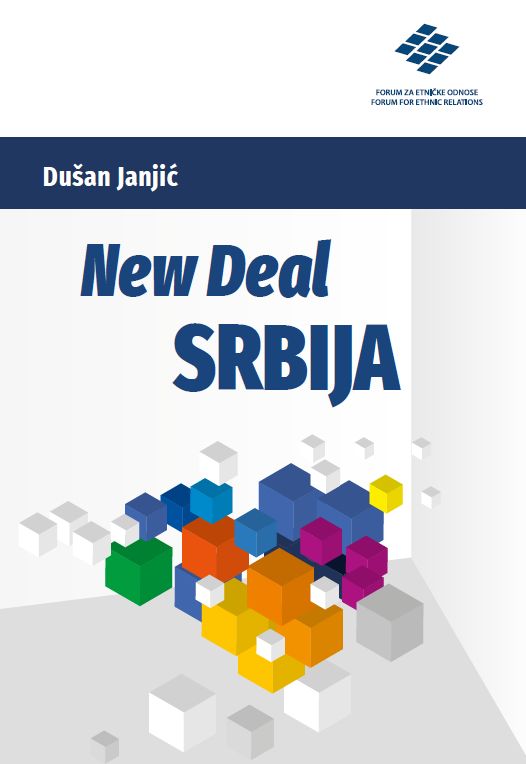Author(s): / Language(s): English
The Slovak community of historians is presently experiencing a relatively rapid change of generations. The professional development of historiography is more and more influenced by the generation of 30 – 40-year-old historians. This is the result of a specific development related to the changes in the society after 1989. At the beginning of the 1990s a considerable portion of scientists left the academic environment. Many of them moved to the private sector or got employed in lucrative positions within the civil service (e.g. diplomatic corps). Researchers compromised by excessive ideological commitment in the previous regime had to leave scientific teams, while others became the victims of radical cuts in employee numbers particularly in the Slovak Academy of Sciences (SAS). However, the situation changed in the second half of the 1990s. New universities were established and required human resources. A better financial situation in the SAS led to the opening of new job positions. At the turn of the 20th and 21st centuries (not only) historical research institutions took on an unusually great number of young scientists. This process was also well reflected in the largest research institution dealing with the history – the Institute of History of the Slovak Academy of Sciences. It is natural that all members of the new-generation researchers seek to somehow define themselves in opposition to their predecessors, for example, by going beyond what they consider as established stereotypes in research, terminology and interpretation. In their work, many young historians bring new methodological approaches into the Slovak historiography, and re-analyse the traditional historical constructs, or focus on phenomena of historical development which have yet to be explored. When compared with their older colleagues, they have got the undeniable advantage of working in a free society with almost no limitations in choosing research topics and with international cooperation opportunities. The main goal of creating and publishing this collective monograph is to provide an example of profile texts of the new generation of Slovak historians who work in the Institute of History. The twelve chapters of this work cover the period of the 19th and the 20th centuries. The chapters are devoted to the area of Central Europe with emphasis on the territory of Slovakia. The authors have based their work on different theories and apply a variety of methodological approaches. Their common goal is to overcome the negative conceptual models typical for Central European historiographies after 1989 such as the nation-centred paradigm of history and the neo-positivist emphasis on political history. Comprehension of Central and Eastern European history is barely possible without a thorough analysis of the concept of nation, its creation, its use, and its specific formation in different national communities. This is the main reason why the monograph starts with a methodological study (by László Vörös) which deals with the question of defining and using the concept of “nation“ and the problem with reification and objectification of the nation. The political development in Central Europe in the last two centuries was largely turbulent, marked by conflicts arising from cultural, ethnic and social heterogeneity of the area. Central Europe is a region generally characterised by a complex, delicate, and constantly changing intersection of political, ethnic, national, linguistic, religious, cultural borders, and contexts, producing various competing collective identities. The process of nationalisation had an impact on the society in the Kingdom of Hungary, and initially, it led to questioning the concept of multi-ethnic Hungary in the environment of aristocratic elites. Peter Šoltés points to another trend which was particularly strong in Hungarian intellectual discourse before March 1848, to present Hungary as “Europe in miniature”, where in addition to the four major nations (Hungarians, Germans, Slavs and Wallachians), there were more than a dozen other nations. The issues of the (often tragic) developments of the multi-ethnic and multi-religious regions have been analysed by Petra Rybářová using the example of emancipation and assimilation of Jews during the boom of political anti-Semitism in Hungary. Michal Schvarc has focused on the destiny of the German minority in Bratislava (in German, Pressburg) since the establishment of Czechoslovakia to the actual end of the German community in the city after 1948. In the 20th century the territory of Slovakia and its people were exposed to frequent changes that affected their lives fundamentally. State formations, boundaries and the ruling regimes changed in quick succession. The collapse of Austria-Hungary, the creation of Czechoslovakia in 1918, the Munich crisis of 1938, and, a year later, the creation of the Slovak State as a German “vassal”, the restoration of Czechoslovakia in 1945 and its incorporation into the Communist camp in 1948. The development continued with 40 years of the communist regime, its crises, failed efforts to reform, various forms of constitutional organisation of the state, all culminating in the 1989 “Velvet Revolution” and the division of Czechoslovakia in 1993. The Slovak Republic then went through a difficult process of consolidating liberal democracy. It also entails the complex process of “coming to terms with the past”. Naturally, a significant part of this book will therefore, in a way, reflect on the major breaking points in the historical development. Juraj Benko discusses the political socialisation of the Slovak population after the creation of Czechoslovakia in 1918. Matej Hanula deals with the issues of shaping the political culture of people in the new state’s developing party system in his text on the so-called Peasant Cavalry set up by the Agrarian Party: the most influential political party of the Republic. Miroslav Sabol analyses the economic impact of the Vienna Award of 1938 which resulted in the loss of one quarter of Slovakia’s territory annexed to Hungary. The topic addressed by Dušan Segeš is Slovakia as the subject of political contacts between Poland and Hungary in the neutral European countries during World War II. The political socialisation of the population was also important for representatives of the communist dictatorship, especially in the initial period. As Marína Zavacká notes in the chapter on local communist activists in the period 1949 – 1956, the regime was to a great extent participatory and required massive involvement of citizens’ participation in its activities. The analysis of this issue is also a part of the answer to the question of why communism in Slovakia has established itself relatively easily and why its implications are still noticeable today. Three chapters are devoted to the formation of the picture of the past as well as development of dominant narratives or counter-narratives. The text by Karol Hollý introduces the research of ideological discourse and nationalist historical thinking in the 19th century. The main focus of the study is to analyse the two main documents presenting political programmes which were an essential element of the ideology of Slovak nationalism in the second half of the 19th century. Miroslav Michela writes about the cult of the king Saint Stephen, patron of Hungary, in Slovakia in the interwar period. He draws attention to the political implications of his remembrance and hence the importance of stories about the history in the public discourse. This hypothesis is confirmed in the chapter by Adam Hudek on the formation of the picture of the fall of communism in Slovakia as a part of the problem coming to terms with the “totalitarian past”. Twenty years after the fall of communism, it appears also among the political and intellectual elites that there exists a number of parallel planes of discourse and several competing or overlapping “memories”. The question is how the historical science is able to reflect on this fact. The effort to maintain value neutrality is an important factor distinguishing the work of historians from interpretations coming for instance from the political environment. However, it is necessary to realise that a historian is neither completely independent nor completely objective. Historical judgments will always be inextricably linked to the specific social reality from which they take rise.1 The picture of value-independent research and the opportunities to discover a “definitive truth” is only a part of simplified notions of de-ideologisation of science which have emerged after 1989. The authors of this work are aware of this fact too. This book aspires to present an account of the generation of significant representatives coming from a diverse group of young Slovak historians. It deals with the specific problems of the historical development in Slovakia and Central Europe over the past two centuries. The thematic, chronological or territorial scope of this publication is in no way exhaustive. Rather, it is just an example, though largely representative, of the topics of historical research addressed currently in the key historical research institution in Slovakia. The authors will be happy if they start a discussion, exchange of ideas and further inquiry on the history of Central Europe.
More...
